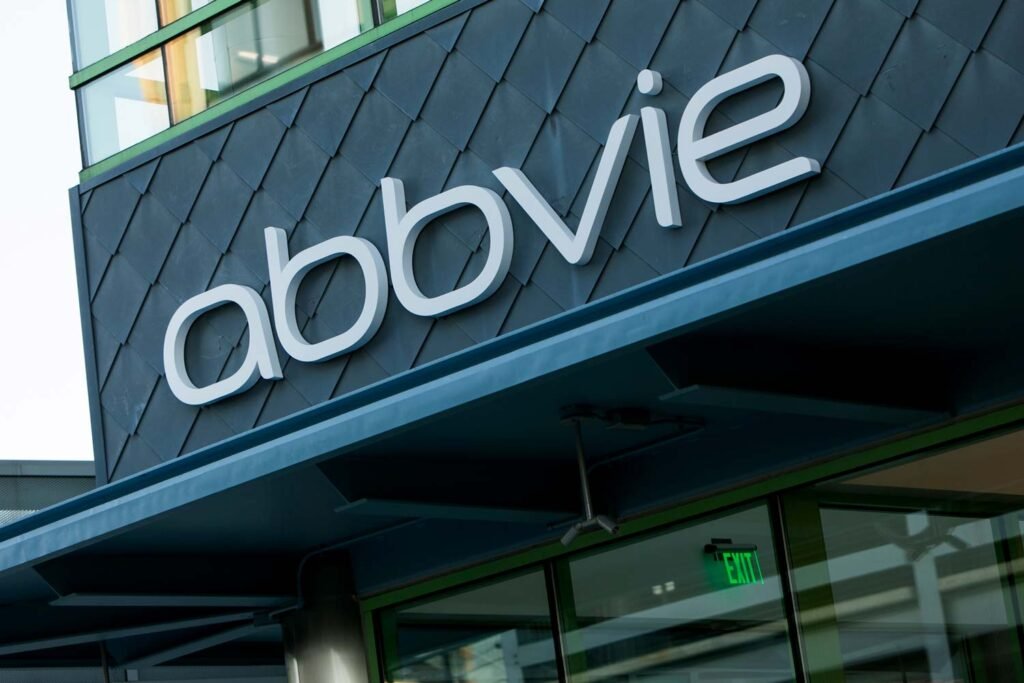Mid-stage data reveal safety and efficacy signals supporting potential shift in frontline treatment for higher-risk MDS patients.
Mid-stage data reveal safety and efficacy signals supporting potential shift in frontline treatment for higher-risk MDS patients.

Overview of AbbVie’s VERONA Trial Update
AbbVie announced an update on the ongoing Phase 3 VERONA trial assessing venetoclax in combination with azacitidine as a treatment for newly diagnosed higher-risk myelodysplastic syndromes (MDS). The data, released mid-June 2025, indicate that the venetoclax-azacitidine combination is generally well tolerated and shows encouraging efficacy signals in this difficult-to-treat patient population.
Clinical Findings and Efficacy
Preliminary analyses show improved overall response rates, with a notable percentage of patients achieving complete response or marrow remission. Safety profiles align with previous studies of venetoclax and azacitidine in hematologic malignancies, with manageable cytopenias and infection rates.
Significance for MDS Treatment Landscape
Higher-risk MDS represents an area with considerable unmet need due to limited treatment options and poor prognoses. Venetoclax-based combination therapies could offer a novel frontline option with the potential to improve survival and quality of life.
Trial Status and Next Steps
AbbVie continues dosing patients under protocol, with anticipated completion of enrollment later in 2025. The company plans to submit these trial data to regulatory agencies for potential approval and broader patient access.
Industry and Research Implications
The VERONA trial update exemplifies a broader trend in hematology where targeted agents combined with epigenetic therapies gain traction. It underscores AbbVie’s commitment to developing innovative approaches in blood cancers and related disorders.
Keep in touch with our news & offers